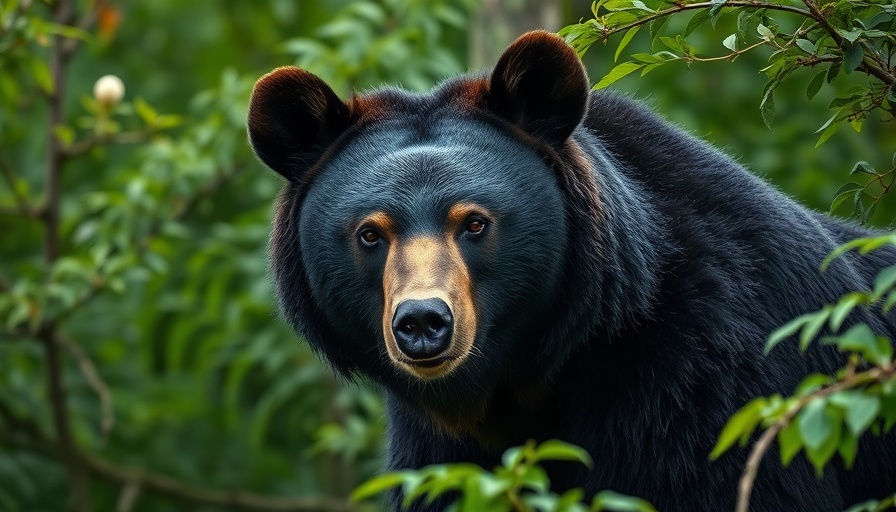
Tragic Encounter: The Bear Attack That Shook a Community
The quiet life in Jerome, Florida, was shattered earlier this week when a bear attack resulted in the tragic death of 89-year-old Robert Markel and his dog. The incident took place near his home, raising alarming questions about human-wildlife interactions in this rural area just south of Big Cypress Wildlife Management Area. Florida wildlife officers swiftly responded by killing three black bears suspected of involvement in the attack. The decision was made after alarming reports of aggressive bear behavior, highlighting the increasing frequency of such encounters.
Understanding the Situation: What Leads to Bear Attacks?
Bear attacks, although rare, can occur when the animal feels threatened or when food sources are scarce. As human populations expand into traditional bear habitats, such incidents may become more common. This attack brings to light the importance of securing food sources, such as garbage and pet food, which can attract bears. Residents in similar areas should be acutely aware of their surroundings and take precautions to minimize interactions with wildlife.
Community Response: Navigating Grief and Fear
The death of Robert Markel has left the community of Jerome grappling with mixed emotions. While many residents express sympathy and sorrow for the loss, there is also a palpable fear that arises when wildlife attacks occur. Educating the community about safety measures is crucial. Florida Fish and Wildlife Conservation Commission (FWC) officials adamantly stress the importance of awareness and caution in rural areas where wildlife can roam freely.
Preventative Measures: How to Stay Safe in Bear Country
In light of this tragic event, local officials are reminding residents of several strategies to minimize bear encounters. These include keeping garbage in bear-proof containers, not leaving pet food outside, and reporting any aggressive bear behavior to wildlife authorities. Education is key in preventing future attacks, ensuring that both residents and the wildlife around them can coexist peacefully.
A Future Perspective: Could Bear Behavior Change?
Scientific studies into bear behavior often suggest that environmental changes can influence how bears interact with humans. As climate change alters their habitats and food availability, we might see shifts in behavior, pushing bears closer to human settlements in search of food. This necessitates a collaborative approach to wildlife management and community education to ensure safety and harmony between nature and human life.
 Add Row
Add Row  Add
Add 


 Add Row
Add Row  Add
Add 

Write A Comment